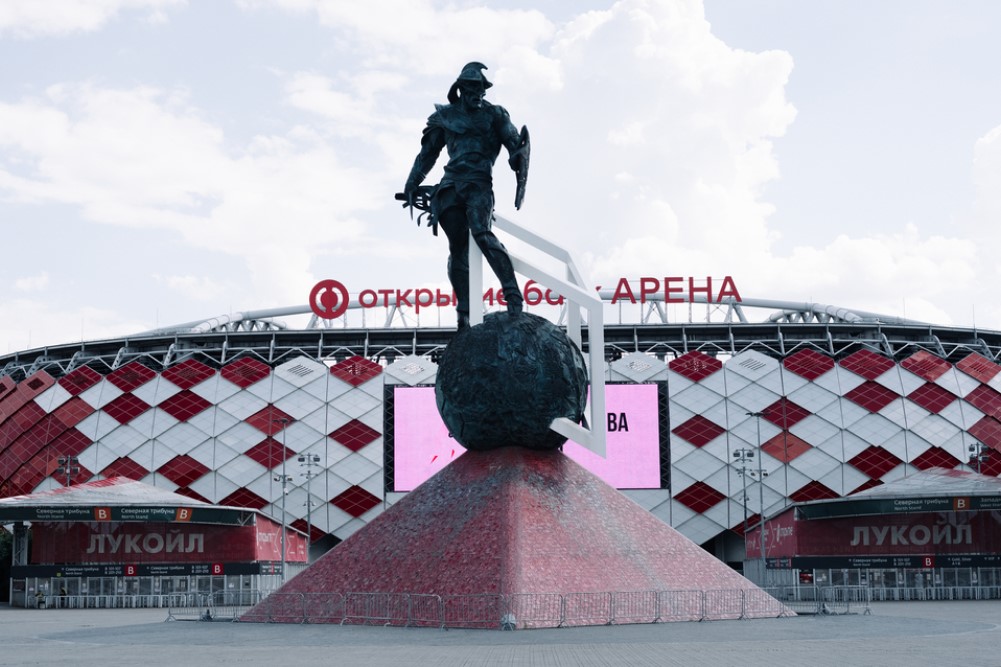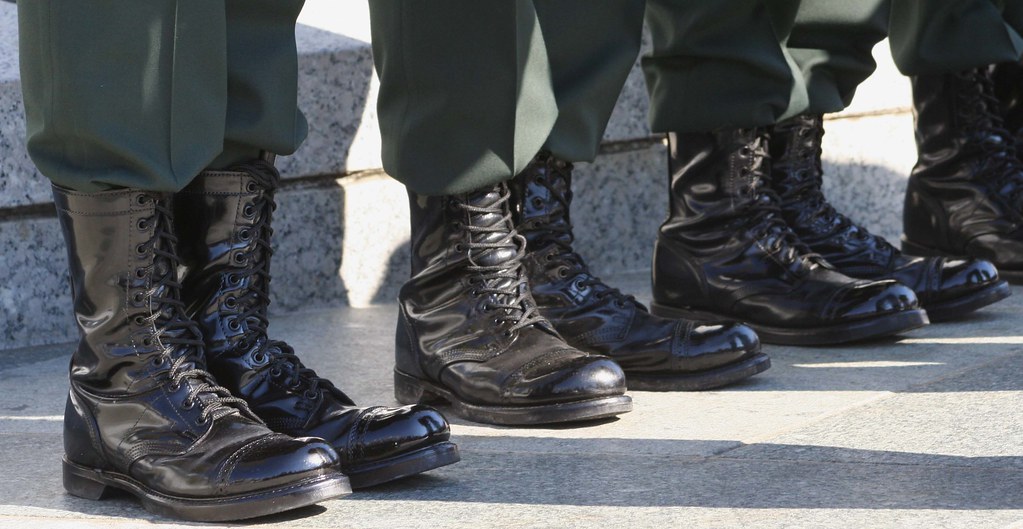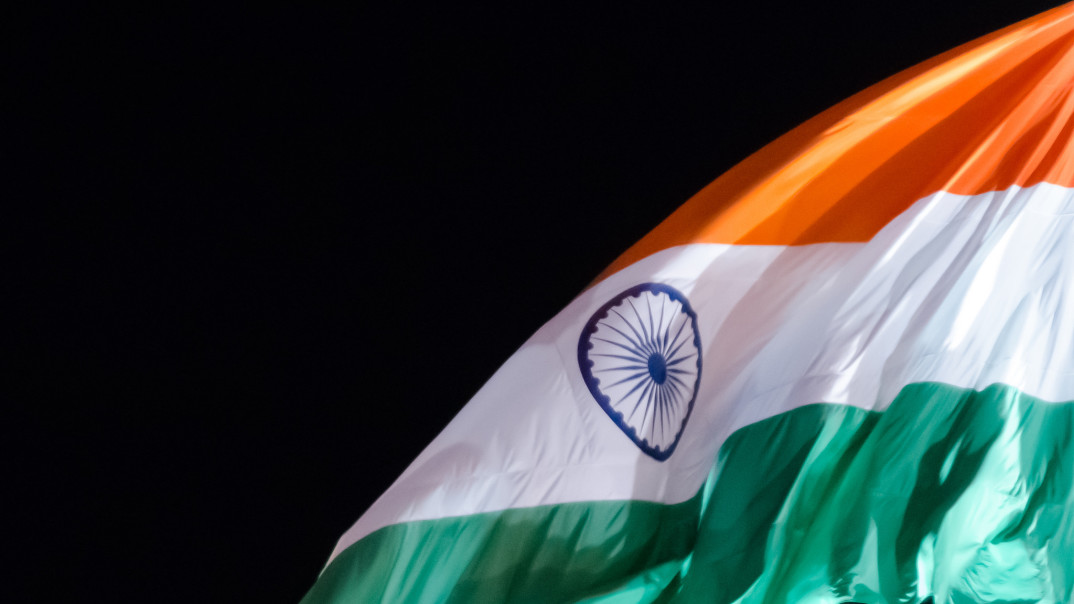Utah’s recent push for legal restrictions on the social media consumption of minors represents the most aggressive legislation of its kind to date. Of course, many other countries have placed stringent restrictions on the social media usage of their citizens, but the United States has been reluctant to follow suit. The reasons why a liberal society might be hesitant to restrict citizens’ access to these platforms are obvious enough. The United States enjoys a Bill of Rights that legally ensures the freedom of speech, and because social media platforms serve as an important mechanism for exercising one’s freedom of speech in the modern world, restricting citizens’ access to these platforms might be deemed unconstitutional. Additionally, insofar as political liberalism calls for governments to make minimal value judgments, heavy-handed restrictions in the name of state paternalism are often undesirable. Thus, we’ve landed as a society in a position where the negative impacts of social media usage are well-known, but there is no consensus on an appropriate remedy.
Due to the concerns mentioned above, I think there are strong reasons to refrain from legal intervention with the social media usage of adults. However, the picture gets more complicated when considering minors. There is strong legal precedent for limiting children’s access to certain products before they reach a particular stage of cognitive maturity. For example, the United States limits alcohol and tobacco consumption to those twenty-one or older, as well as places age restrictions on purchasing weapons and driving cars. Virtually no Americans advocate for completely abolishing these restrictions, making us functionally committed to the notion that certain rights enjoyed by adults should not be granted to children.
There might very well be compelling arguments against the legal regulation of social media usage for children. However, one of the most commonly utilized arguments against such regulations — the argument from the First Amendment — stands on shaky ground. The First Amendment is composed of five distinct rights: the rights to the free exercise of religion, freedom of speech, freedom of the press, peaceful assembly, and government petition. Those who believe the First Amendment precludes placing restrictions on the social media accounts of children claim minors have their freedom of expression protected by the First Amendment, and thus such restrictions are unconstitutional. The New Yorker recently published a piece arguing for this position, and similar arguments can also be found here and here. While such a stance is understandable, the argument ultimately rests on an implausible interpretation of the scope of the First Amendment.
Obviously, there are many nuances involved in theories of constitutional interpretation, but on any viable interpretive framework, special constraints apply to minors that do not apply to adults. With children, the exercise of a number of constitutionally protected rights is constrained in various ways, and the extent to which children are able to exercise any particular right is determined by a number of factors, including the risks associated with the expression of that right, as evidenced by the categorical exclusion of children from the right to bear arms. Of course, the right to bear arms is not the only right that children cannot fully exercise. We can also consider the nature of other First Amendment rights, such as the freedom to assemble and the freedom of religious practice. It is clear enough there is at least some sense in which the right to peaceful assembly applies to children. Minors can meet up in groups and can even attend political protests. However, a child’s right to peaceful assembly is clearly also constrained by parental consent. For example, law enforcement is permitted to limit an eight-year-old’s right to protest if the child’s parents have not consented to her being present.
Furthermore, while it is true that children bear a right against a government imposed religion, children oftentimes have a religion imposed on them by others. A child’s ability to seek out the religion of her choice is functionally highly limited by her upbringing and family of origin. For instance, if a child grows up in a conservative Jewish family, the child is likely compelled to engage in the practices associated with the Jewish tradition. Families are legally permitted to exercise a certain degree of coercive power over their children which shapes the degree and extent to which they practice a particular religion. Probably only a small minority of people would contend that this constitutes a rights violation on behalf of the child, while most people tend to agree that an adult being coerced (even if non-governmentally) to practice a particular religion does constitute a rights infringement of some kind.
The right to free speech seems to function quite like the rights of assembly and religion in that there is certainly some sense in which children have a right to free expression. The Supreme Court has ruled on a number of cases pertaining directly to the issue of free speech and minors. One of the most influential of such cases is Tinker v. Des Moines Independent Community School District, where the Court ruled that minors have a right to self-expression in schools insofar as it is not highly disruptive of the academic environment. While, in this particular case, the Court ruled in favor of the free speech rights of K-12 students, the Court has historically decided that college undergraduates (i.e., legal adults) enjoy greater free speech protections than do younger students. More specifically, there are various cases where the Court appeals to age-based considerations to defend substantive limitations on the speech of minors. One such case is Bethel School District 403 v. Fraser, where the Court ruled public schools can prohibit students from engaging in particularly crude or offensive speech.
If we look at the implications of the Bill of Rights, there are certain rights that simply do not apply in any meaningful sense to children due to the severity of the associated risks (e.g., the right to bear arms), as well as certain rights (e.g., the freedom of assembly and the freedom of religious practice) which apply in a limited way to children. My argument is that the right to free speech falls into this latter category. While there is clear legal precedent that children are allowed to freely express themselves to a certain degree, there is also strong precedent for reducing the scope of that right. For this reason, simple appeal to the First Amendment is insufficient as an argument against the type of legislation proposed by Utah.
This is, of course, not to imply that such legislation is entirely legally and morally straightforward. Perhaps a legitimate concern is that allowing legal restrictions of social media in the case of minors will have a slippery slope effect, eventually endangering the free speech rights of adults. Another potential route to striking down the Utah bill is to argue for the expansion of the free speech rights articulated in cases like Tinker v. Des Moines. Whether the types of restrictions proposed by Utah constitute a viable solution to the negative impacts of social media on young people’s lives is a debate which will need to be settled both in the courts of law as well as in the courts of public opinion over the coming months and years.






